Benefits Of Charcoal Soap For Skin
By: Priyanka Maheshwari Tue, 19 Sept 2023 2:29:14
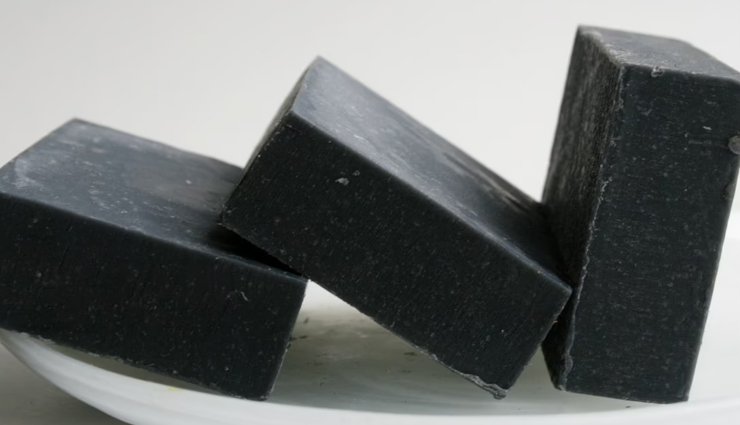
Charcoal soap has emerged as a skincare sensation, celebrated for its potential to rejuvenate and cleanse the skin deeply. This natural wonder, infused with activated charcoal, holds the promise of a radiant complexion and a purified, healthy glow. In this exploration of the Benefits of Charcoal Soap for Skin, we embark on a journey to unravel the transformative powers that have made it a cherished addition to skincare routines worldwide. From banishing impurities to managing oily skin and offering gentle exfoliation, charcoal soap has much to reveal about achieving your skincare aspirations. Join us as we delve into the remarkable world of charcoal soap and unlock the secrets to nurturing your skin's vitality.
What Is Charcoal Soap? How Does It Work?
Charcoal soap is a type of soap that contains activated charcoal as one of its primary ingredients. Activated charcoal is a form of carbon that has been treated to make it extremely porous, with a large surface area. This unique characteristic allows it to adsorb (not absorb) a wide range of impurities and toxins.
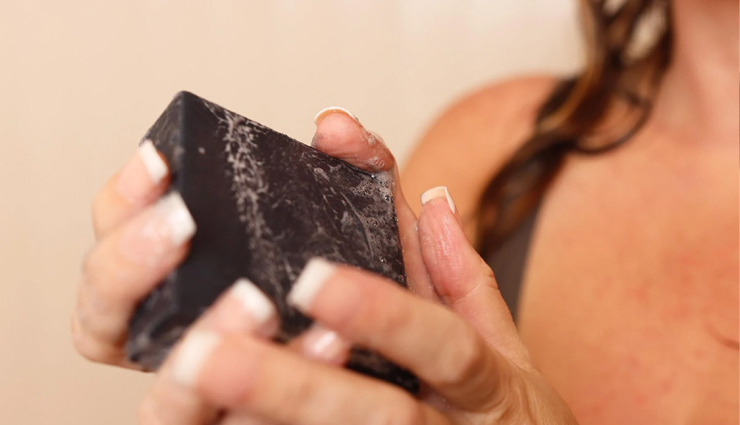
Here's how charcoal soap works:
Cleansing: Charcoal soap is effective at removing dirt, excess oil, and impurities from the skin. The porous structure of activated charcoal acts like a magnet, attracting and binding to these substances, which can then be easily washed away.
Exfoliation: Some charcoal soaps contain small particles or exfoliants that help in removing dead skin cells from the surface of the skin. This can leave your skin feeling smoother and looking brighter.
Oil Control: Activated charcoal can help control excess oil production on the skin. This can be particularly beneficial for individuals with oily or acne-prone skin.
Acne Treatment: Charcoal soap is often used as a treatment for acne. Its ability to draw out impurities from pores can help prevent and treat acne breakouts.
Reduction of Blackheads: Charcoal soap may help reduce the appearance of blackheads by removing the buildup of dirt, oil, and dead skin cells from pores.
Skin Detoxification: Charcoal soap is sometimes used for detoxifying the skin. It can remove environmental pollutants and toxins that may accumulate on the skin's surface.
Skin Soothing: Despite its deep cleansing properties, charcoal soap is generally considered gentle on the skin and may be suitable for people with sensitive skin.
It's important to note that while charcoal soap can be beneficial for many people, it may not be suitable for everyone. Some individuals with very dry or sensitive skin may find it too drying, so it's essential to choose products that match your skin type.
To use charcoal soap effectively, wet your face or body, lather the soap in your hands, and apply it to the skin. Gently massage in a circular motion, then rinse thoroughly with water.
Activated Vs. Regular Charcoal
Activated charcoal and regular charcoal are two different forms of carbon that have distinct properties and uses. Here's a comparison between the two:
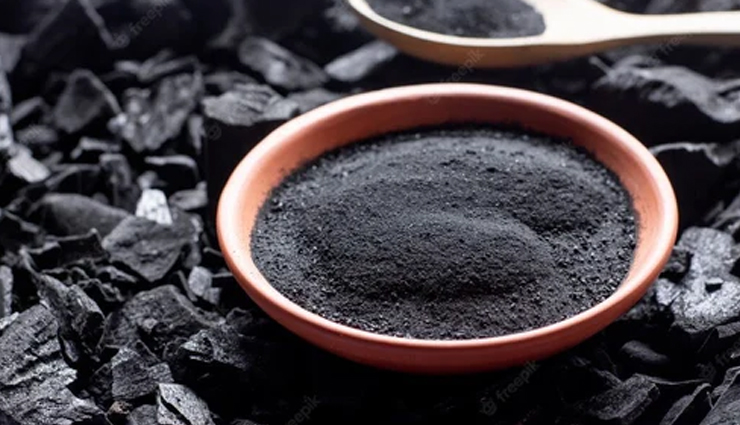
Activated Charcoal:
Processing: Activated charcoal is made by heating regular charcoal (usually made from wood, coconut shells, or other organic materials) in the presence of a gas that causes the charcoal to develop pores or small openings on its surface. This increases its surface area, making it highly porous.
Surface Area: Activated charcoal has an enormous surface area due to its porous structure. It can have a surface area of up to 1,000 square meters per gram.
Adsorption: Activated charcoal is excellent at adsorption, which is the process of attracting and binding molecules or ions to its surface. It can adsorb a wide range of substances, including chemicals, toxins, gases, and impurities.
Medical and Industrial Uses: Activated charcoal is commonly used in medicine to treat poisoning and overdose cases. It's also used in water purification, air filtration, and various industrial applications, including gas masks.
Health and Beauty Products: Activated charcoal is a popular ingredient in skincare products, toothpaste, and dietary supplements. It's used for its potential detoxification and cleansing properties.
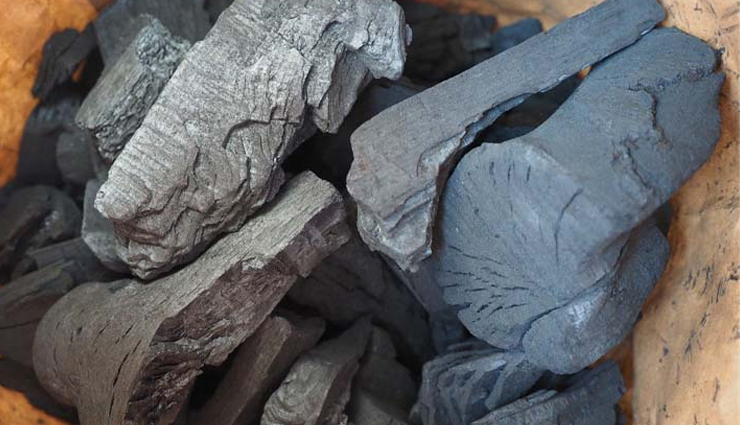
Regular Charcoal:
Processing: Regular charcoal, often referred to as lump charcoal or charcoal briquettes, is typically made by heating organic materials (wood, peat, coconut shells, etc.) in the absence of oxygen to create char.
Surface Area: Regular charcoal has a relatively low surface area compared to activated charcoal. It is not as porous and does not have the extensive adsorption capabilities of activated charcoal.
Burning: Regular charcoal is primarily used for cooking and grilling due to its high heat output and relatively low smoke production. It provides a source of heat for cooking food.
Art and Crafts: Regular charcoal sticks are often used in art and drawing as a medium for sketching and shading.
Benefits Of Charcoal Soap For Skin
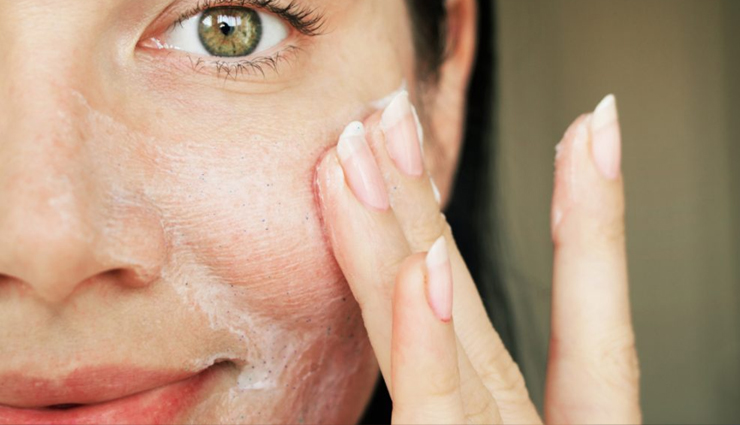
Deep Cleansing: Charcoal soap is effective at deep cleansing the skin by drawing out impurities, dirt, and excess oil from the pores. The porous structure of activated charcoal acts like a magnet, helping to unclog pores and prevent acne breakouts.
Exfoliation: Some charcoal soaps contain small exfoliating particles that help remove dead skin cells from the surface of the skin. This can leave the skin looking brighter and feeling smoother.
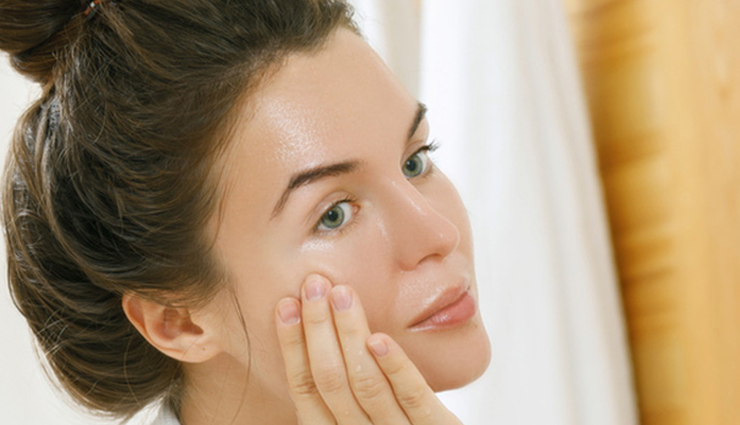
Oil Control: Charcoal soap can help control excess oil production, making it suitable for individuals with oily or combination skin. It can reduce the shine associated with excess sebum.
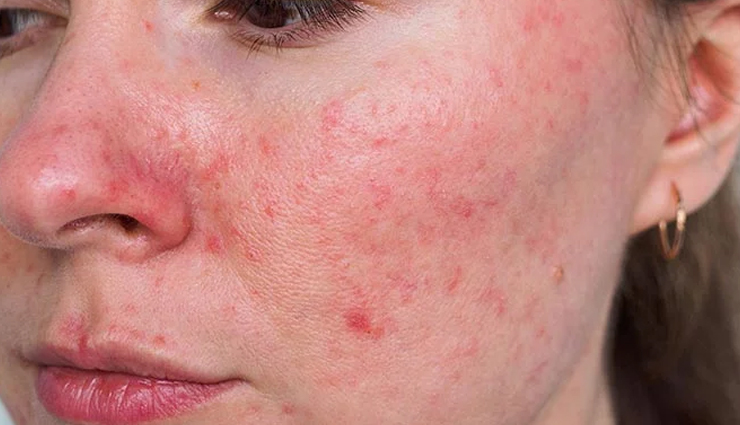
Acne Treatment: Due to its ability to remove impurities and toxins from the skin, charcoal soap is often used as part of an acne treatment regimen. It can help prevent and treat acne breakouts by keeping the pores clean.
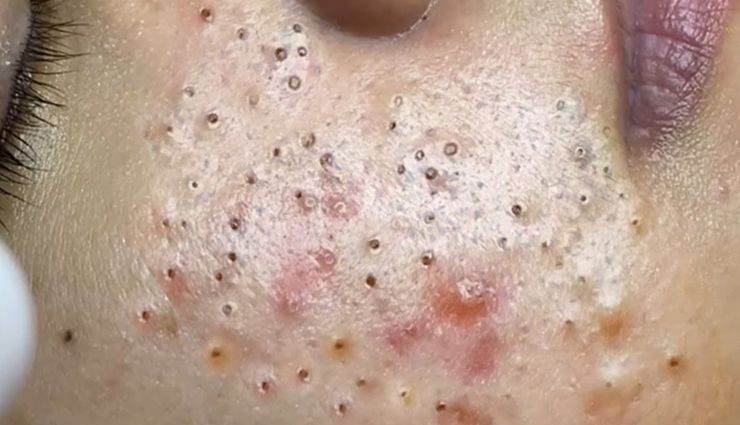
Blackhead Reduction: Charcoal soap may help reduce the appearance of blackheads by eliminating the buildup of dirt and oil in the pores. Regular use can lead to clearer skin.
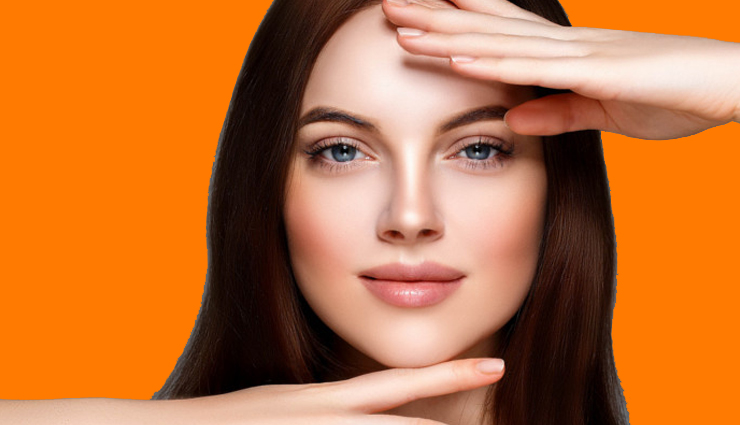
Detoxification: Charcoal soap is sometimes used as a detoxifying agent for the skin. It can help remove environmental pollutants and toxins that accumulate on the skin's surface.
Balanced Skin: For individuals with combination skin, charcoal soap can help balance the skin by controlling oiliness in the T-zone while providing gentle cleansing to drier areas.
Soothing Irritation: Some people find relief from skin irritation and itchiness with charcoal soap, thanks to its calming properties.
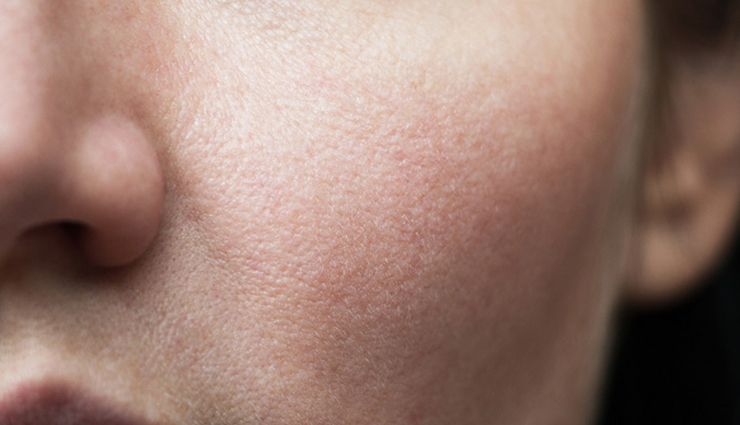
Tightening Pores: Charcoal soap may help tighten the appearance of pores, giving the skin a smoother and more refined look.
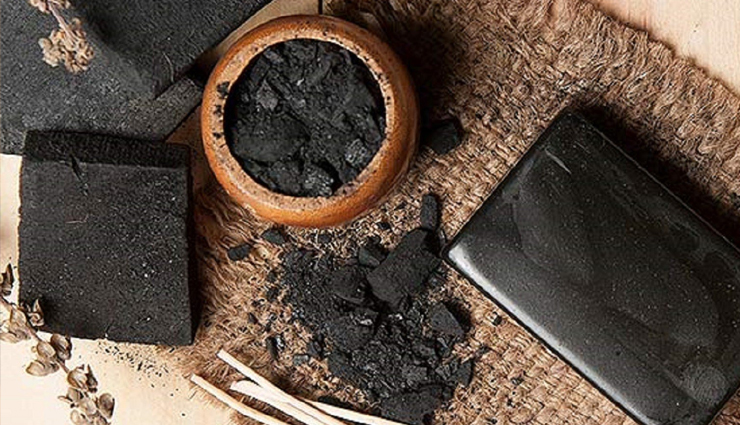
How To Use Charcoal Soap For Better Results?
Here are the steps to use charcoal soap for your face, followed by a caution regarding its unverified benefits and potential drawbacks:
- Begin by washing your face with lukewarm water to help loosen dirt and excess oil.
- Take the charcoal soap and lather it with your hands, then gently apply it to your face, being careful to avoid the sensitive areas around your eyes and mouth.
- Cleanse your skin using gentle circular motions, paying particular attention to the T-zone and areas prone to acne.
- If you have dry skin, softly scrub your face for 30 to 60 seconds.
- For those with oily, acne-prone skin, consider massaging your face for 1 to 2 minutes.
- To help close your pores, rinse your face first with warm water and then with a refreshing splash of cold water.
- After rinsing, pat your skin dry with a clean towel, being gentle to avoid any irritation.
- Complete your skincare routine by applying a pore-minimizing toner followed by a water-based moisturizer.
It's important to note that the claimed benefits of activated charcoal for the skin lack scientific verification. Therefore, exercise caution and be aware of potential adverse effects when using charcoal-based skincare products.
Potential Allergies And Side Effects
Activated charcoal possesses strong cleansing properties and could potentially lead to skin irritation in certain individuals.
Possible outcomes could include:
The use of coarser charcoal powder may result in a more abrasive exfoliation, potentially leading to rough skin.
Different brands of charcoal-based products may not consistently deliver the expected results, as quality and effectiveness can vary.
Be cautious to prevent charcoal-based products from coming into contact with your eyes, as it could lead to eye infections.
In some cases, the application of charcoal-based skincare items may provoke rashes, swelling, or itching.
Please be mindful of these possibilities and consider conducting a patch test by applying a small amount of any new skincare product to your inner arm before using it on your entire face or body. This precaution can help you assess any adverse reactions before widespread use.





